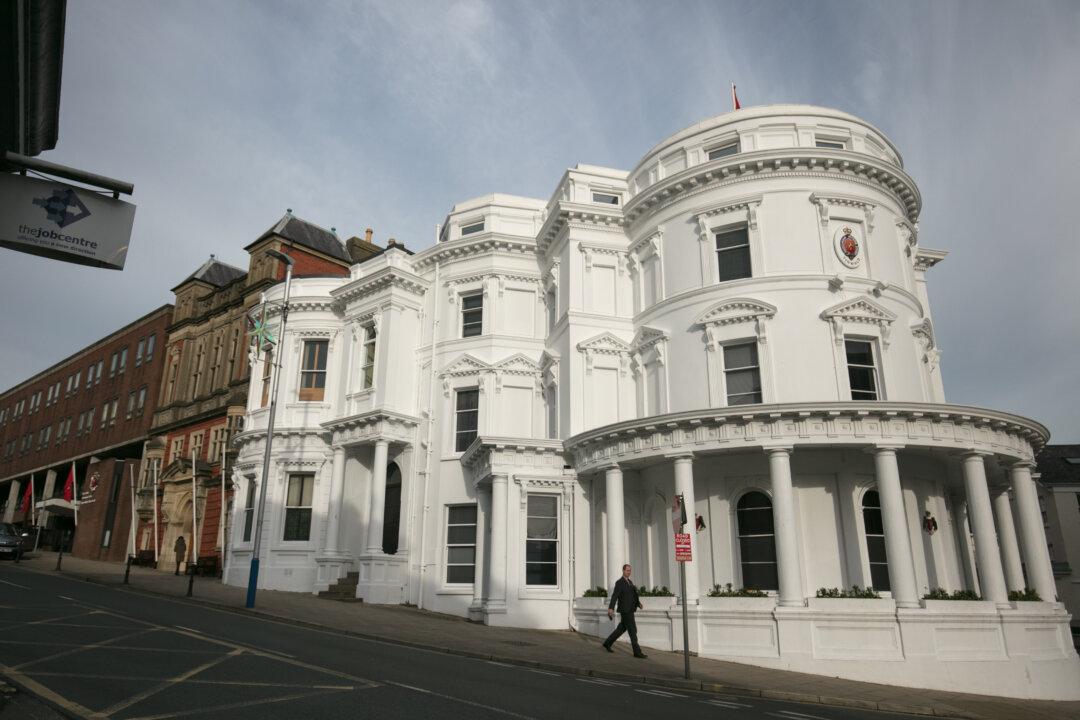A move requiring a referendum before an assisted suicide law could come into force in the Isle of Man has failed.
The island’s Chief Minister Alfred Cannan argued the Assisted Dying Bill “changes the social contract” and therefore requires a public mandate to become effective.
But his amendment arguing legislation shouldn’t commence until a plebiscite had been held was voted down by 12 to 11 on Monday.
The development could make the Isle of Man the first part of the British Isles to allow euthanasia.
Once this current clauses stage has concluded, the bill requires a third reading in the House of Keys, before moving to the Parliament’s Upper House.
If the law gains royal assent next year, assisted suicide could be available to Manx residents from 2027, campaigners have said.
The Isle of Man is British Crown Dependency meaning King Charles III is head of state but it is not part of the United Kingdom.
The debate’s morning session, in the Isle of Man’s capital Douglas, heard an argument against the referendum from a widow whose late husband died after developing motor neurone disease.
Sue Biggerstaff became tearful as she recounted the difficult end of her husband Simon’s life, as he became paralysed from the neck down within just two months of his diagnosis.
She warned of misinformation around the bill, arguing members of the public seemed uncertain who the legislation would apply to.
Ms. Biggerstaff added that a referendum may see people with “no real experience of prolonged and difficult deaths casting an ill-informed vote.”
Dr. Alex Allinson, the member of the House of Keys and doctor who was first given leave to introduce a Private Members’ Bill two years ago, said the issue has long been seen as one for the Parliament, not a public vote.
In the debate he said it is “an issue which should be taken up by one of us to bring through on behalf of the constituents who place their trust in us and placed us here to represent them.”
As it stands, the bill applies to adults who have been resident on the island for five years, have a terminal illness with a life expectancy of no more than 12 months, and who have a settled intention to end their life.
A further debate will be held on July 9.







